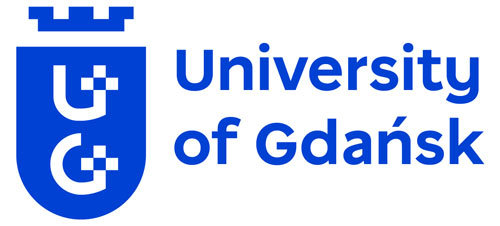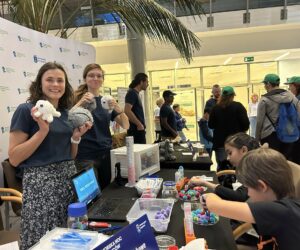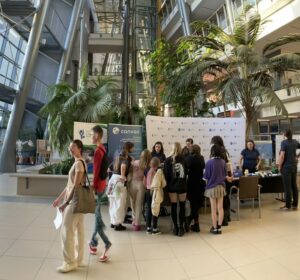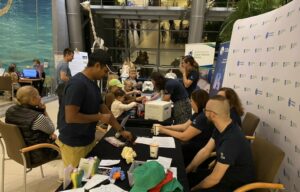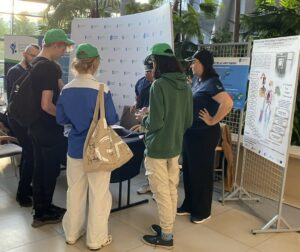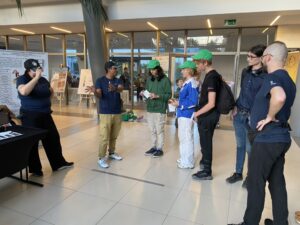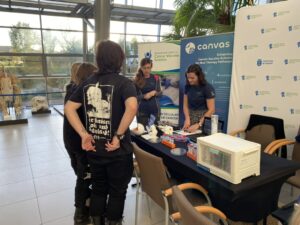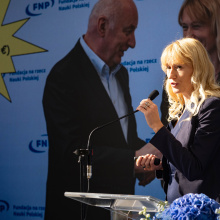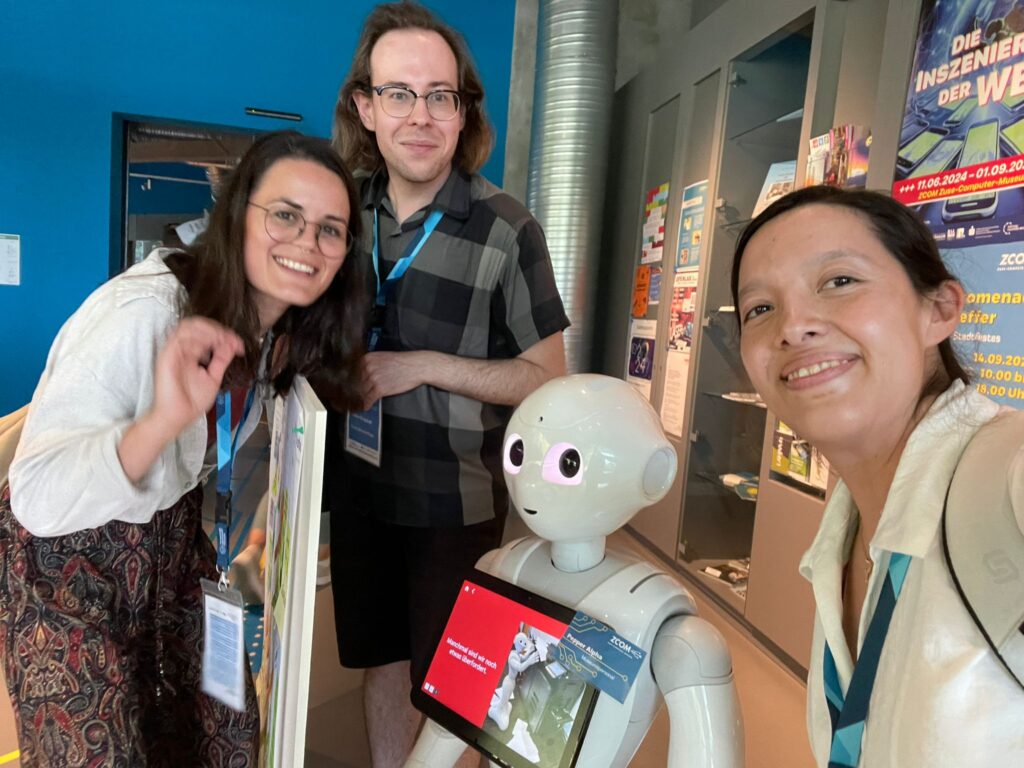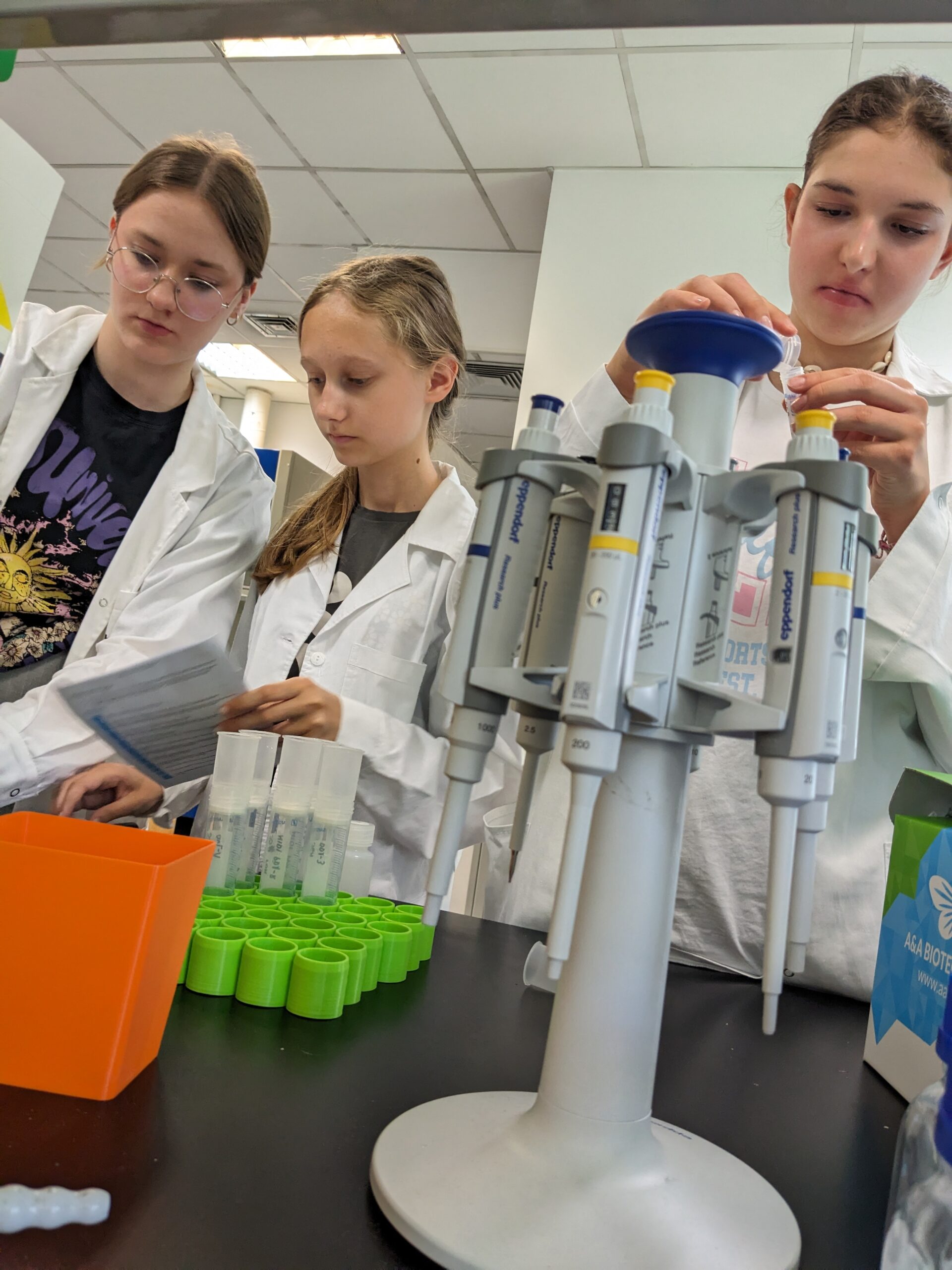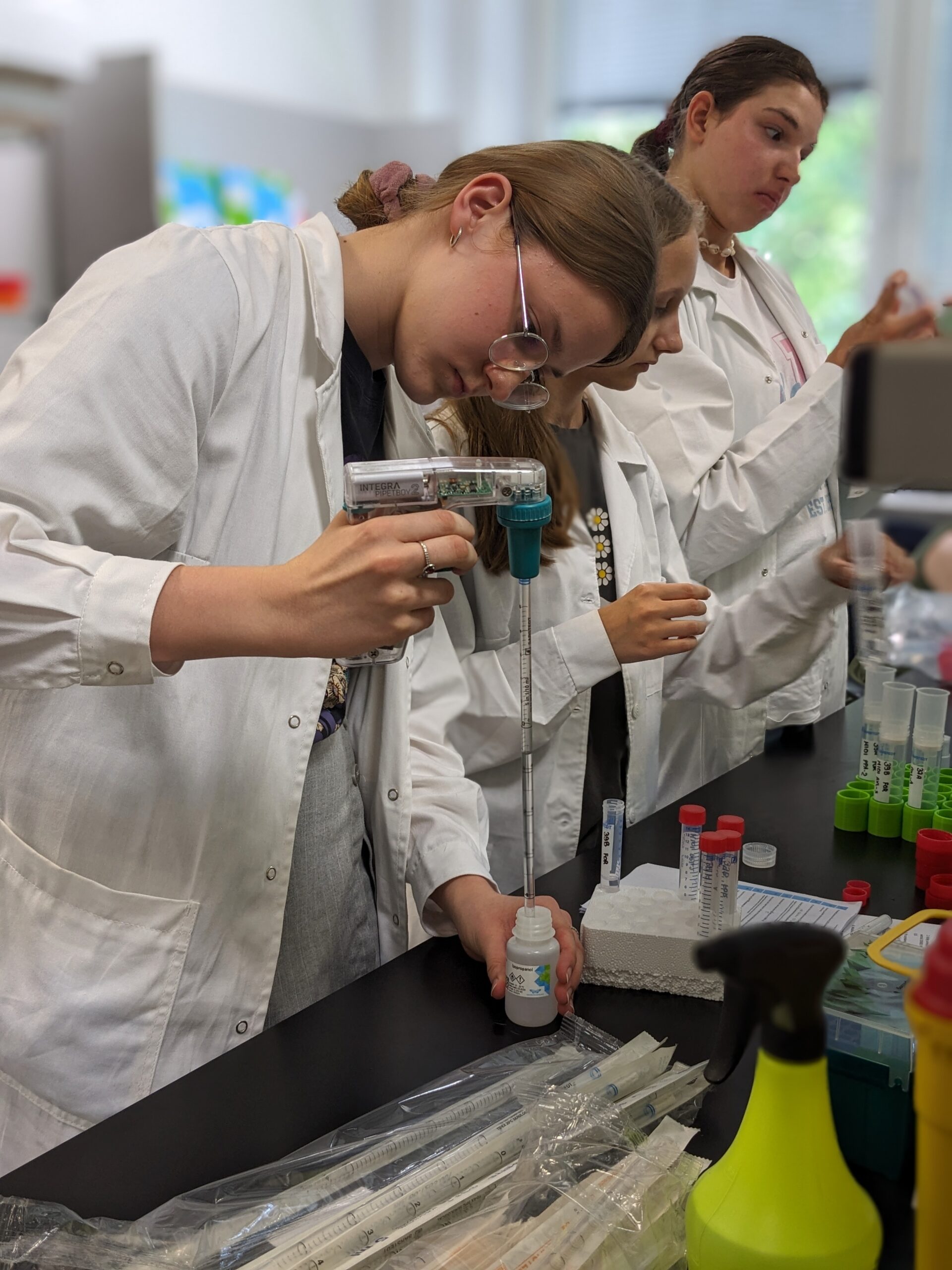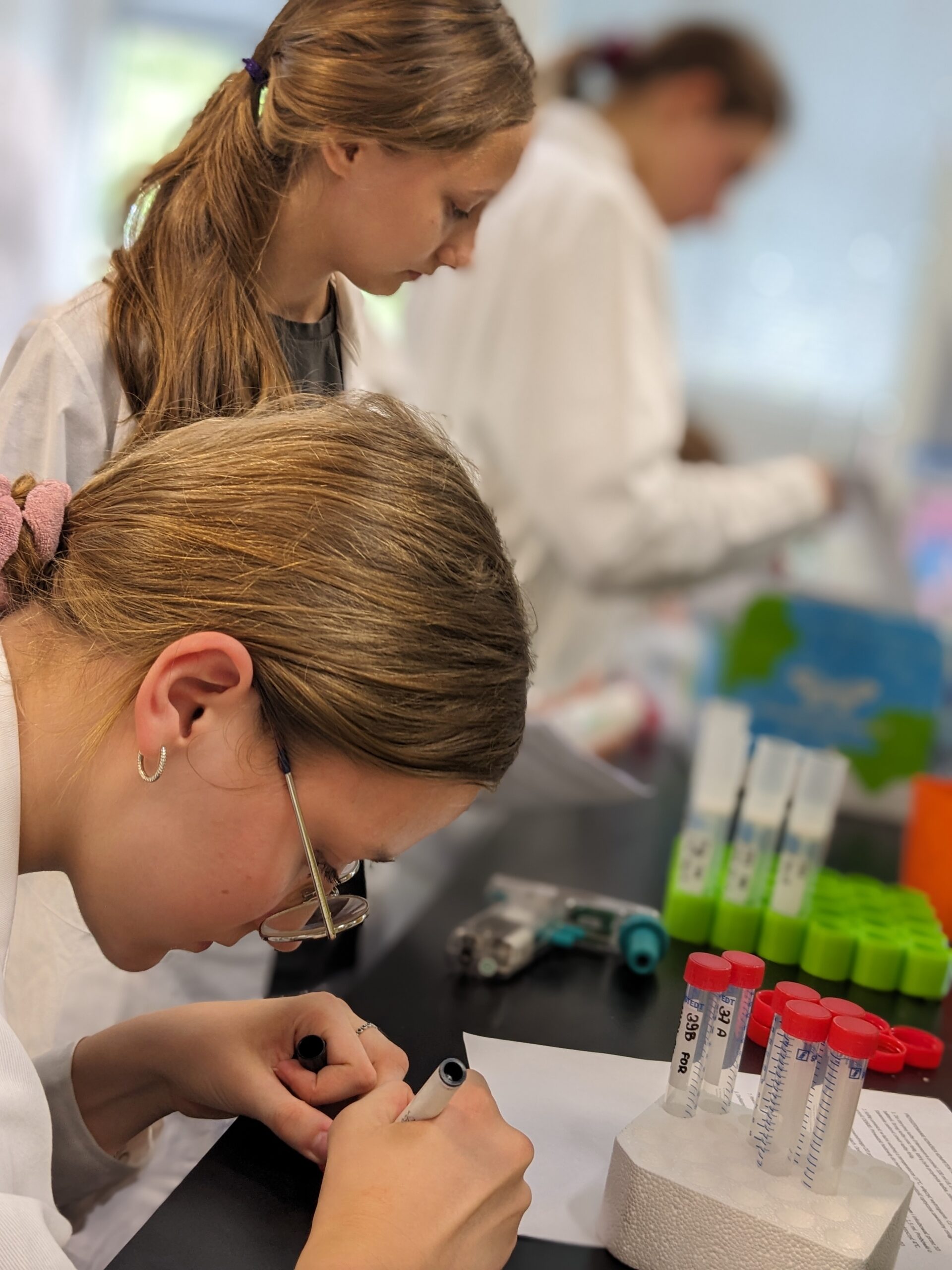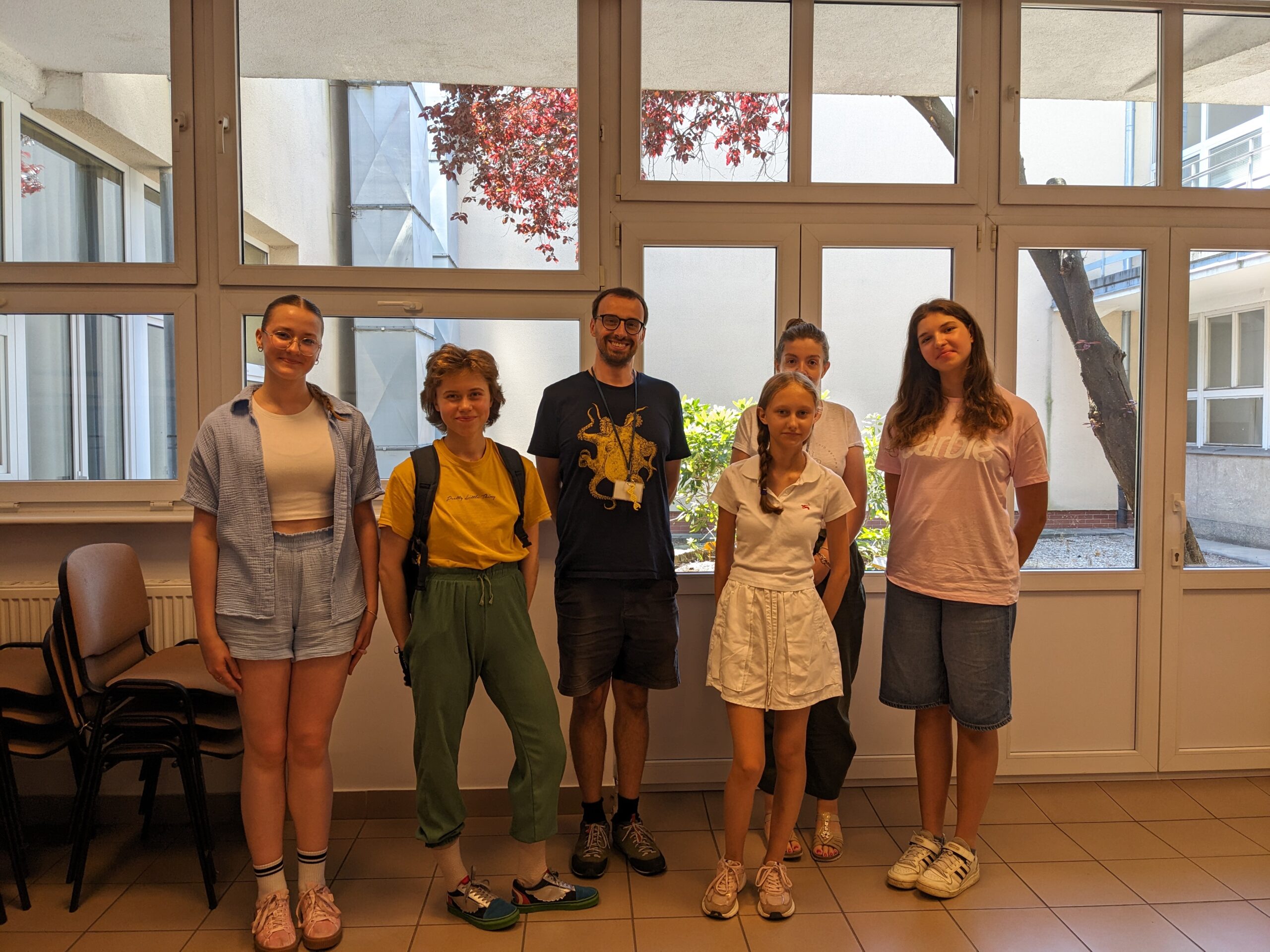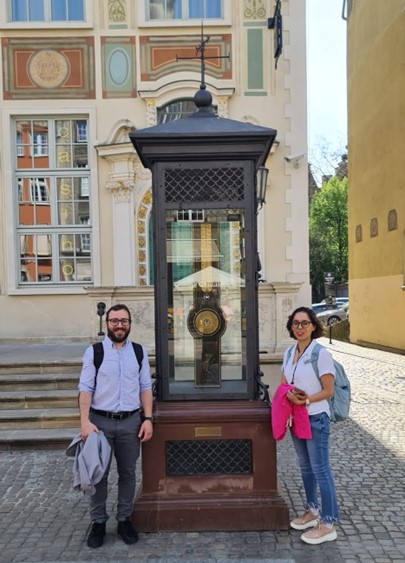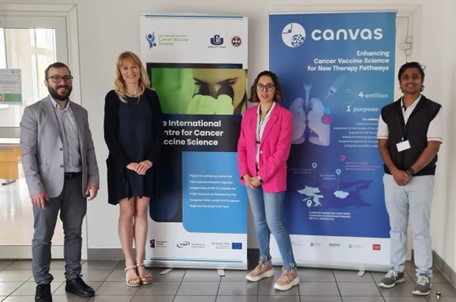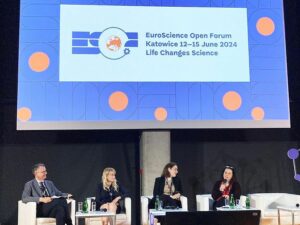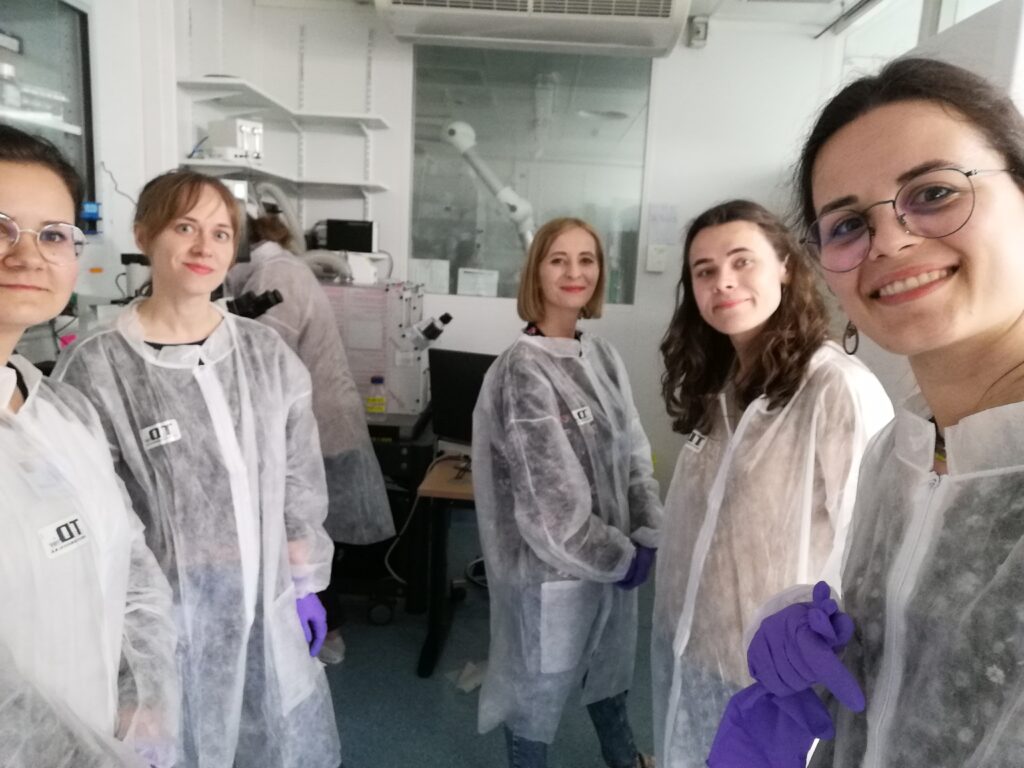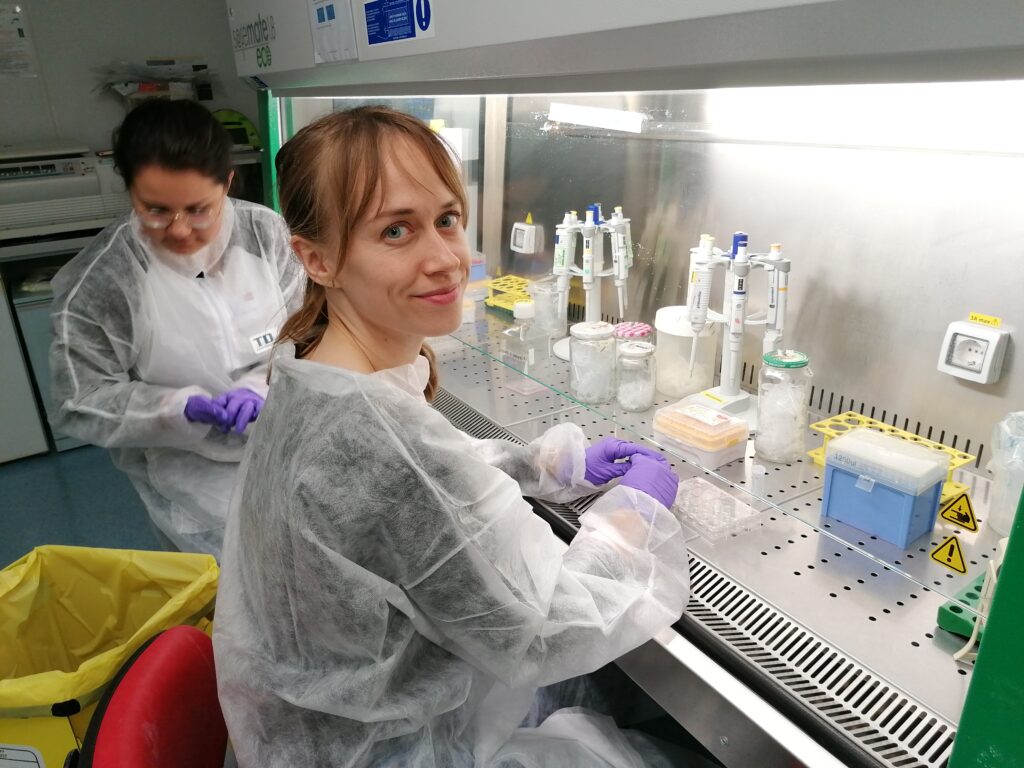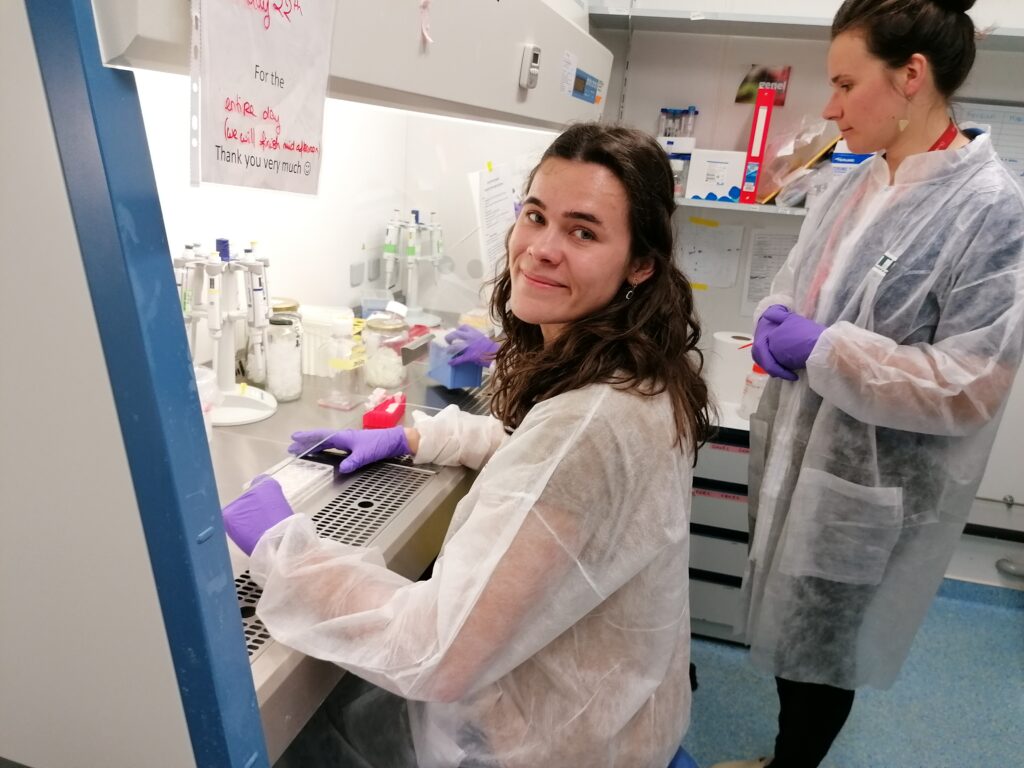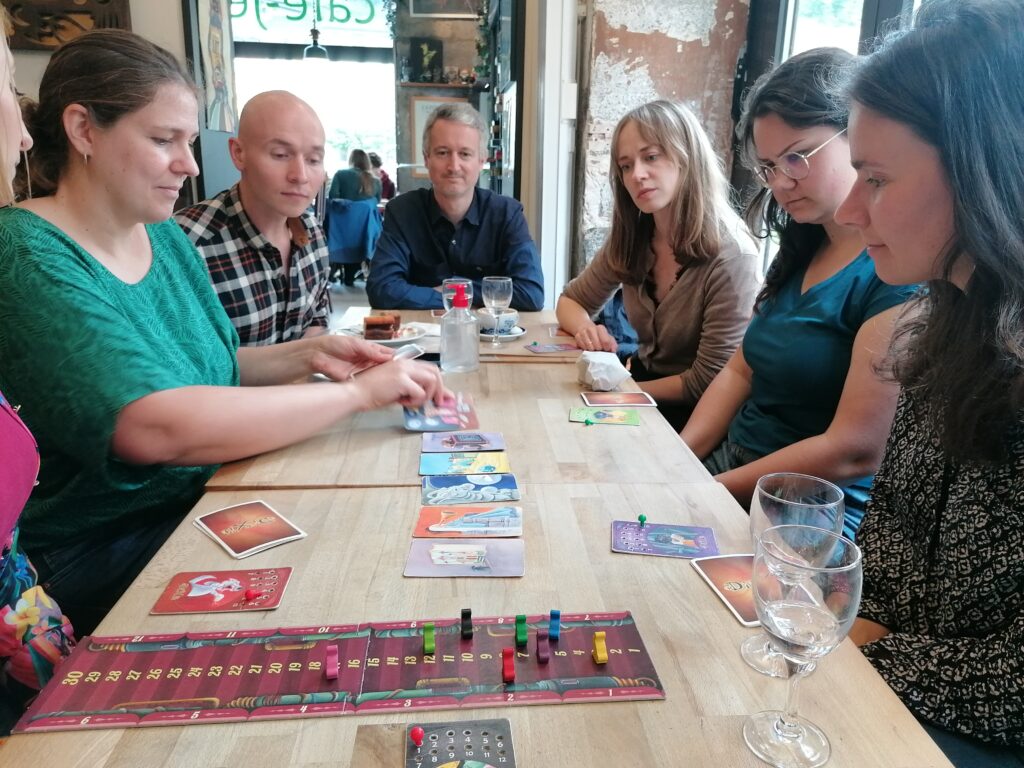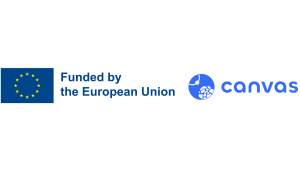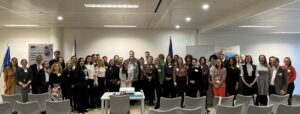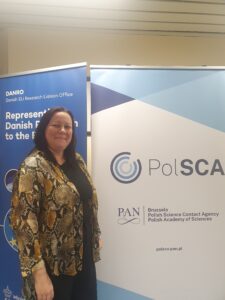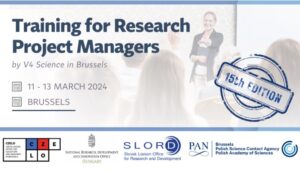Why? How? When? These were just a few of the big questions tackled by scientists from the International Centre for Cancer Vaccine Science during this year’s exciting Researchers’ Night at the University of Gdańsk.
Visitors were treated with science at two stands: Neoantigen Discovery and Cellular Therapies – how the cells become medicine? Both stands attracted crowds with their cutting-edge research and hands-on activities.
Young scientists-in-the-making had the exciting opportunity ‘to step into the lab, sorting immune cells to create personalized T-cell therapies designed to fight cancer’. Meanwhile, parents engaged in stimulating discussions with ICCVS researchers about the future of personalized cancer therapies, sparking curiosity and hope for what’s to come.
Participants of all ages also dove into an interactive game, taking on the roles of immune system cells to learn how our body defends itself. From guardians to frauds to the innocents, the activity was a fun and educational trip into how our blood cells work together to protect us.
For those requiring more advanced knowledge, scientific posters and one-on-one chats with experts provided further insights into the properties of immune system power.
The presence of our scientists was possible as part of activities planned in the project CANVAS, financed by the European Union.
Check out the photo gallery to feel this inspiring atmosphere!

